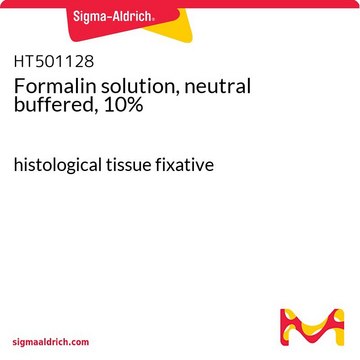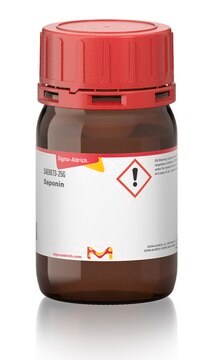311-GS
Smooth Muscle Cell Growth Supplement (30 ml)
Synonym(s):
SMCGS
Sign Into View Organizational & Contract Pricing
All Photos(1)
About This Item
UNSPSC Code:
12352207
NACRES:
NA.71
Recommended Products
form
liquid
Quality Level
shelf life
1 yr
manufacturer/tradename
Cell Applications, Inc
shipped in
dry ice
storage temp.
−20°C
General description
Smooth muscle cell growth supplement is added to the basal medium to create a growth medium. It is enhanced for the characteristics and requirements unique to smooth muscle cells.
Application
Smooth muscle cell growth supplement (30 ml) has been used to grow cultures of human smooth muscle cells (SMCs). It has also been used in SMCS to grow pulmonary arterial hypertension-pulmonary artery (PAH-PA) smooth muscle cells (PASMCs).
Quality
Each lot was tested for the ability to support plating, spreading and proliferation
Preparation Note
contained in protocol
Storage Class Code
10 - Combustible liquids
WGK
WGK 3
Flash Point(F)
Not applicable
Flash Point(C)
Not applicable
Choose from one of the most recent versions:
Certificates of Analysis (COA)
Lot/Batch Number
Sorry, we don't have COAs for this product available online at this time.
If you need assistance, please contact Customer Support.
Already Own This Product?
Find documentation for the products that you have recently purchased in the Document Library.
Jeffrey T Krawiec et al.
Tissue engineering. Part A, 21(3-4), 426-437 (2014-08-15)
Autologous tissue-engineered blood vessels (TEBVs) generated using adult stem cells have shown promising results, but many preclinical evaluations do not test the efficacy of stem cells from patient populations likely to need therapy (i.e., elderly and diabetic humans). Two critical
Valerie Nadeau et al.
Pulmonary circulation, 8(1), 2045893217741429-2045893217741429 (2017-10-25)
Dysregulated metabolism and rarefaction of the capillary network play a critical role in pulmonary arterial hypertension (PAH) etiology. They are associated with a decrease in perfusion of the lungs, skeletal muscles, and right ventricle (RV). Previous studies suggested that endothelin-1
Our team of scientists has experience in all areas of research including Life Science, Material Science, Chemical Synthesis, Chromatography, Analytical and many others.
Contact Technical Service








